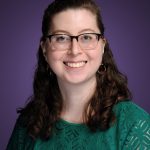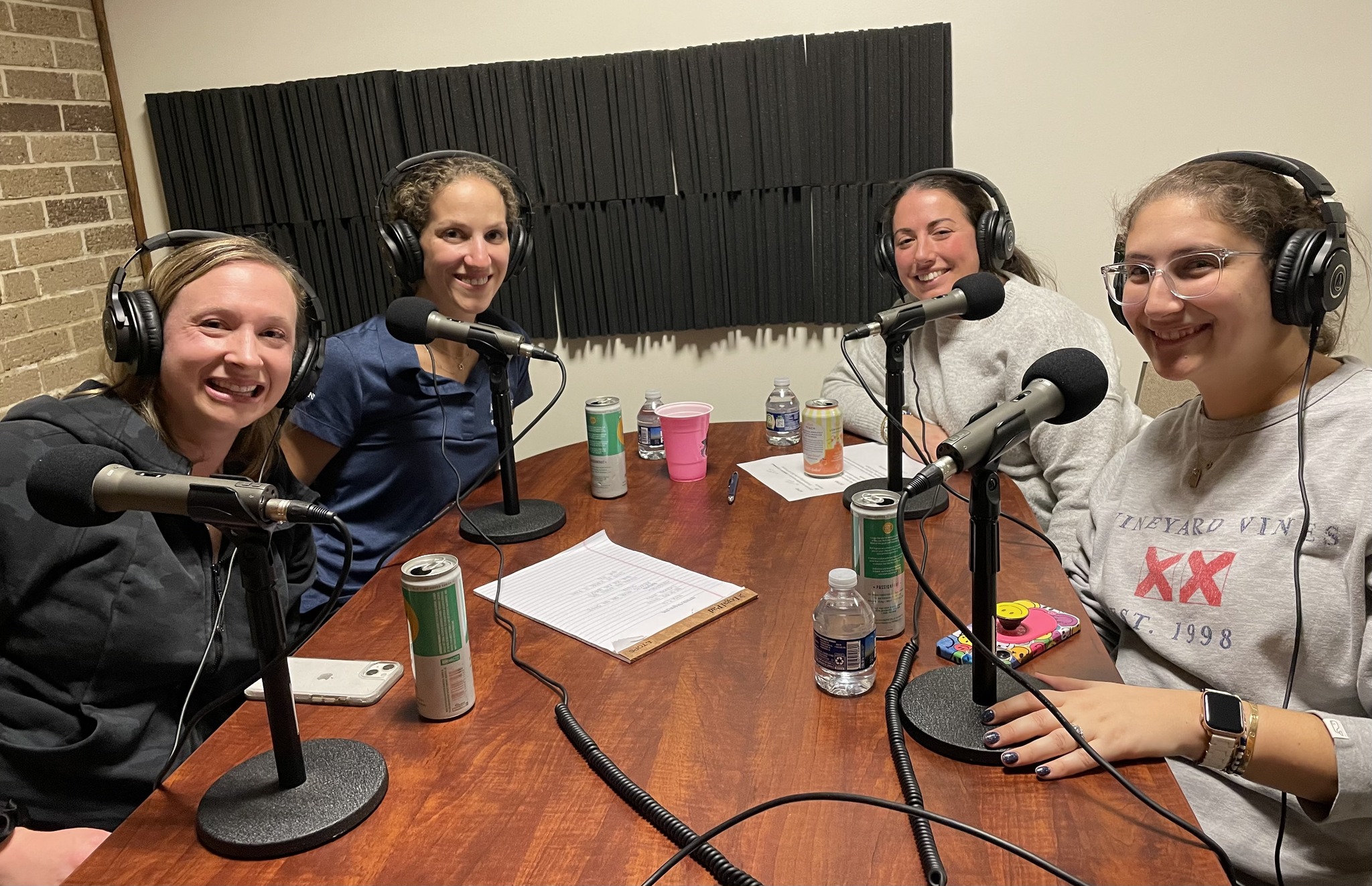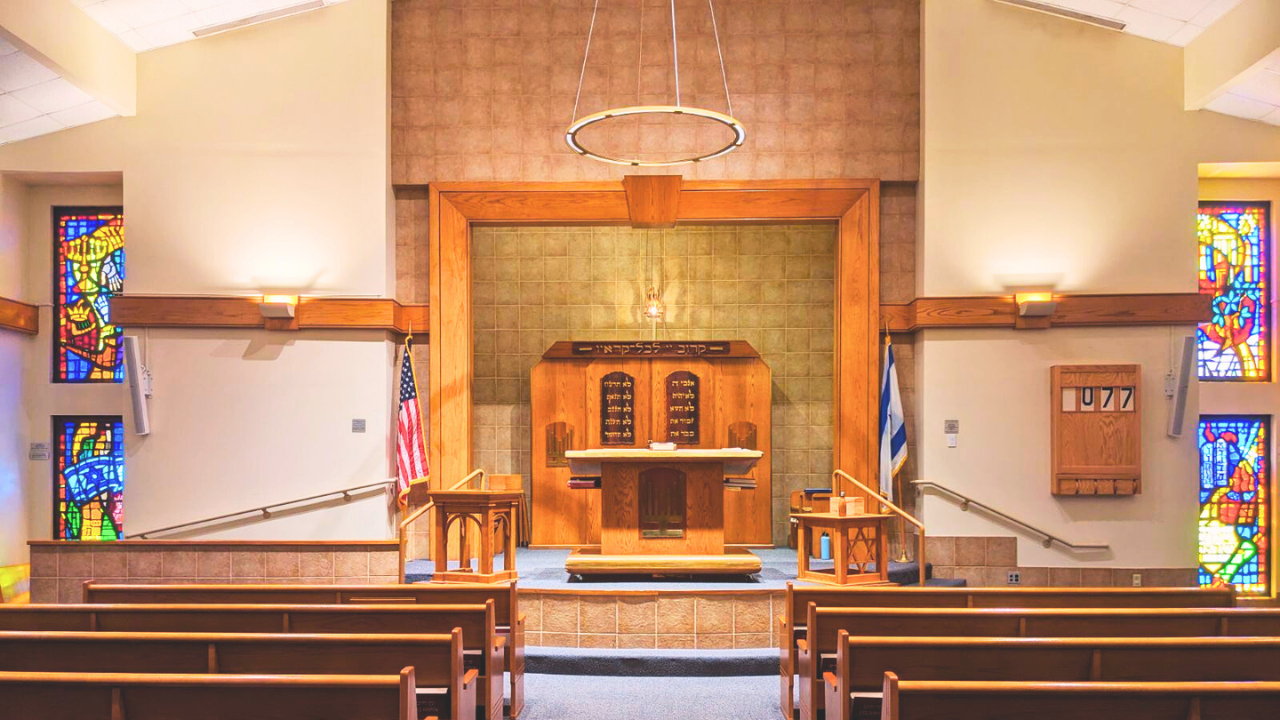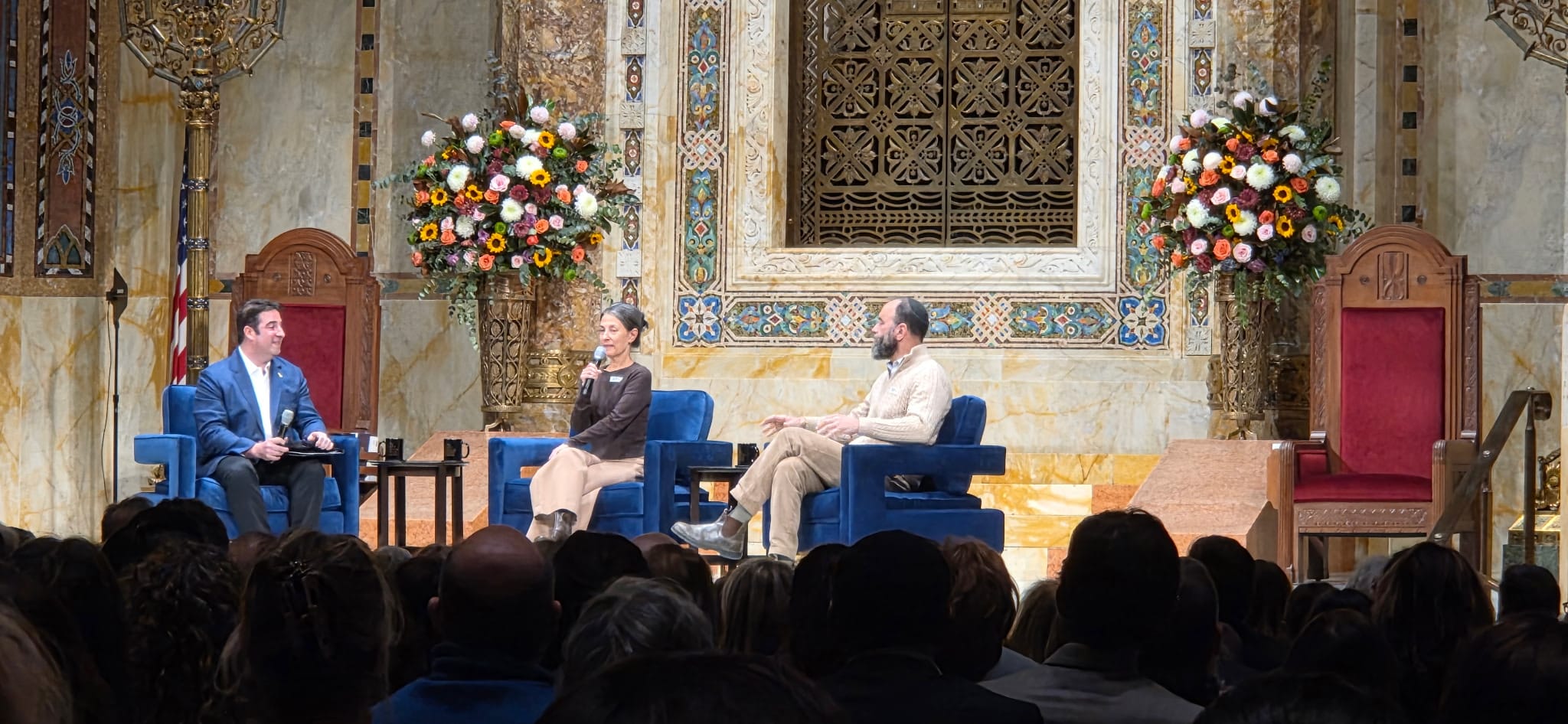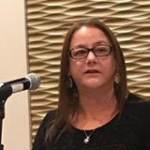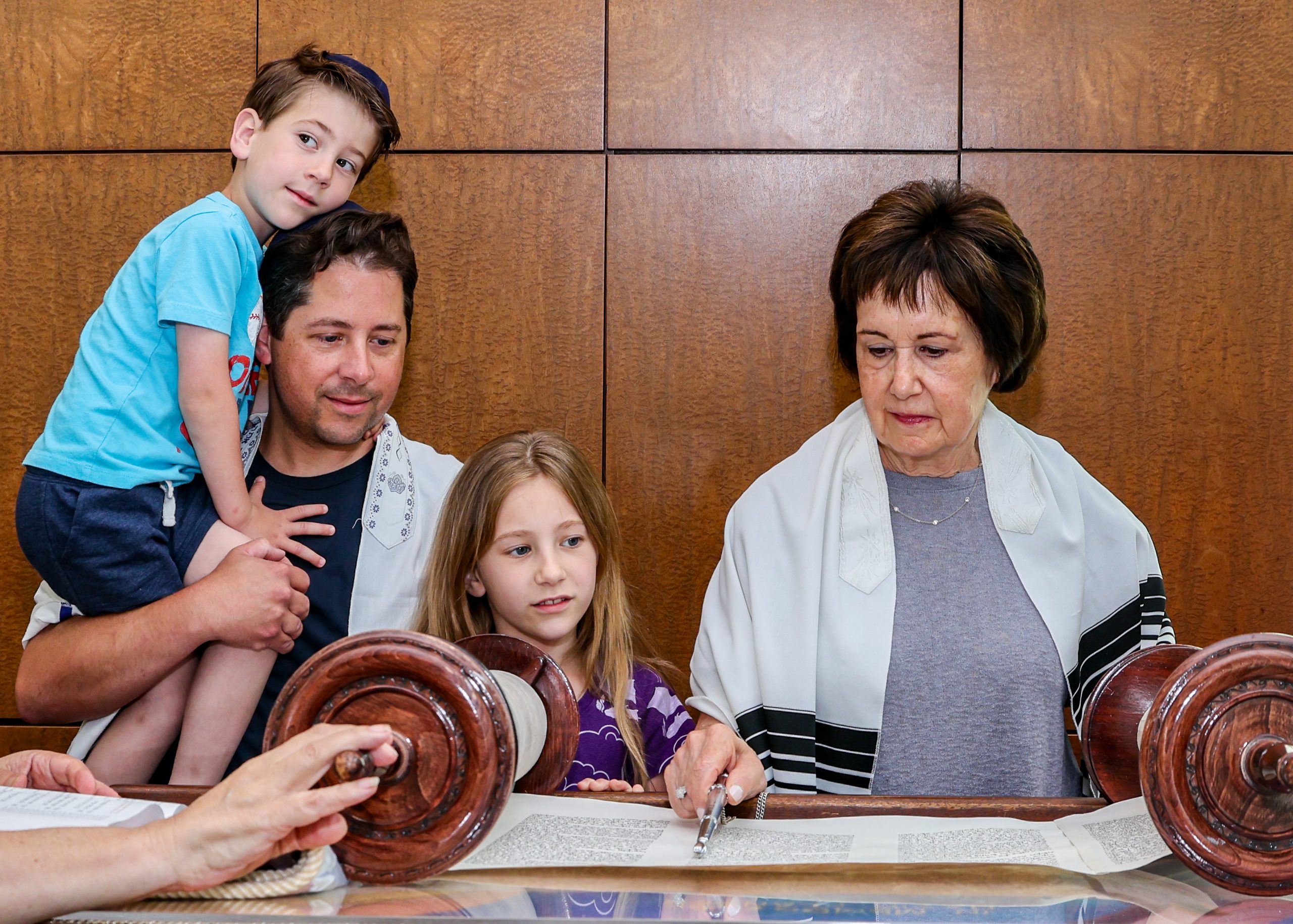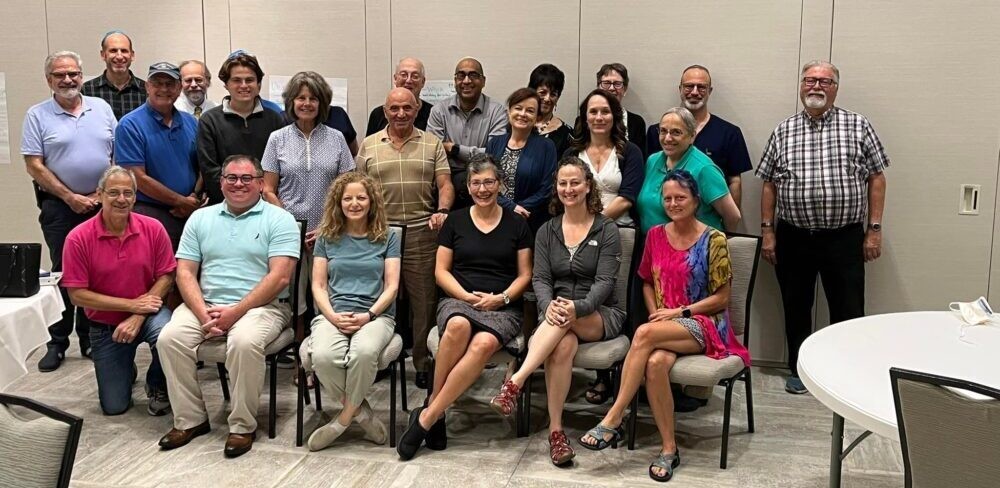
Rodef Sholom Temple is a small congregation in Newport News, Virginia, founded in 1913. When Martha Katz-Hyman became president in 2022, she found herself faced with specific challenges more particular to that moment in time than anything many previous presidents had dealt with. Fortunately, she was able to utilize her USCJ district synagogue consultant to help solve a variety of issues.
In addition to needing to hire a new religious school director, their rabbi was planning to retire in 2023. Martha has a long supportive relationship with USCJ district synagogue consultant, Jo-Anne Tucker-Zemlak, and Jo-Anne jumped right in to assist in the search process. Martha had been on the search committee several times before her presidency. She recalls that USCJ’s search process had been updated since their last search, and was much easier, more efficient, and cost-effective than it had been.
Martha recalls that the transition out of the pandemic restrictions was very challenging for her synagogue. They faced some opposition from both sides regarding the opening of in-person services. They decided to continue only offering Zoom High Holiday services that year. In 2023, they finally went back to offering traditional services in their sanctuary.
With all these changes and coming out of the pandemic, they needed a new direction for the High Holiday appeal. Martha felt supported in this effort by Jo-Anne and Barry Mael, Senior Director of Synagogue Affiliations, Operations & Program Support.
Martha recalls, “Jo-Anne and Barry were incredibly helpful to us, and the campaign turned out to be extremely successful. We raised funds by focusing on the good and positive things about the congregation. It’s important to focus on the great things you’re doing. And say, ‘we’re asking you to support us as we do more good things,’ rather than saying, ‘woe is us, we need more money or else we’re going to collapse.’ Because you should accentuate the positive, because a lot of people, especially those who are not as involved in congregational life, don’t realize all the good things that are happening.”
The campaign was very successful, and they raised 10% above their goal for the year. Technology is making it easier for USCJ to aid smaller congregations.
Martha notes, “Now, with the advent of video meetings, you can get people from across the country in one virtual place at a time, so that they can talk over the problems or the issues that are particular to small congregations. Small congregations and large congregations have commonalities, and they have very different issues.”
Martha says that USCJ was a great resource to her during her presidency. Aside from her supportive relationship with Jo-Anne and Barry, Martha strongly recommends that synagogue leaders should utilize the USCJ Google Group email lists. She found it extremely helpful during her term.
Martha emphasizes, “I strongly recommend that presidents join the USCJ Presidents email discussion list. There’s a wealth of experience out there, from congregations small and large and people new to the presidency and those who’ve been president several times, that can help you with problems and questions simple or complex. I used it a lot while I was president, asking for input on moving from the dues model to the ‘voluntary giving from the heart’ model; asking about leadership issues, and other similar things, and I was happy to share our experience with building a new building, Covid reopening issues, offering siddurim that would otherwise be buried, and what it’s like being a small congregation relatively far away from the centers of Jewish life in Seaboard Region.”
USCJ has a wealth of resources to offer synagogues of all sizes. As Martha summarized, “take advantage of what’s available. There is help out there. You’re not alone in this.”
Find your Synagogue Consultant here and view an overview of synagogue services offered by USCJ here.


